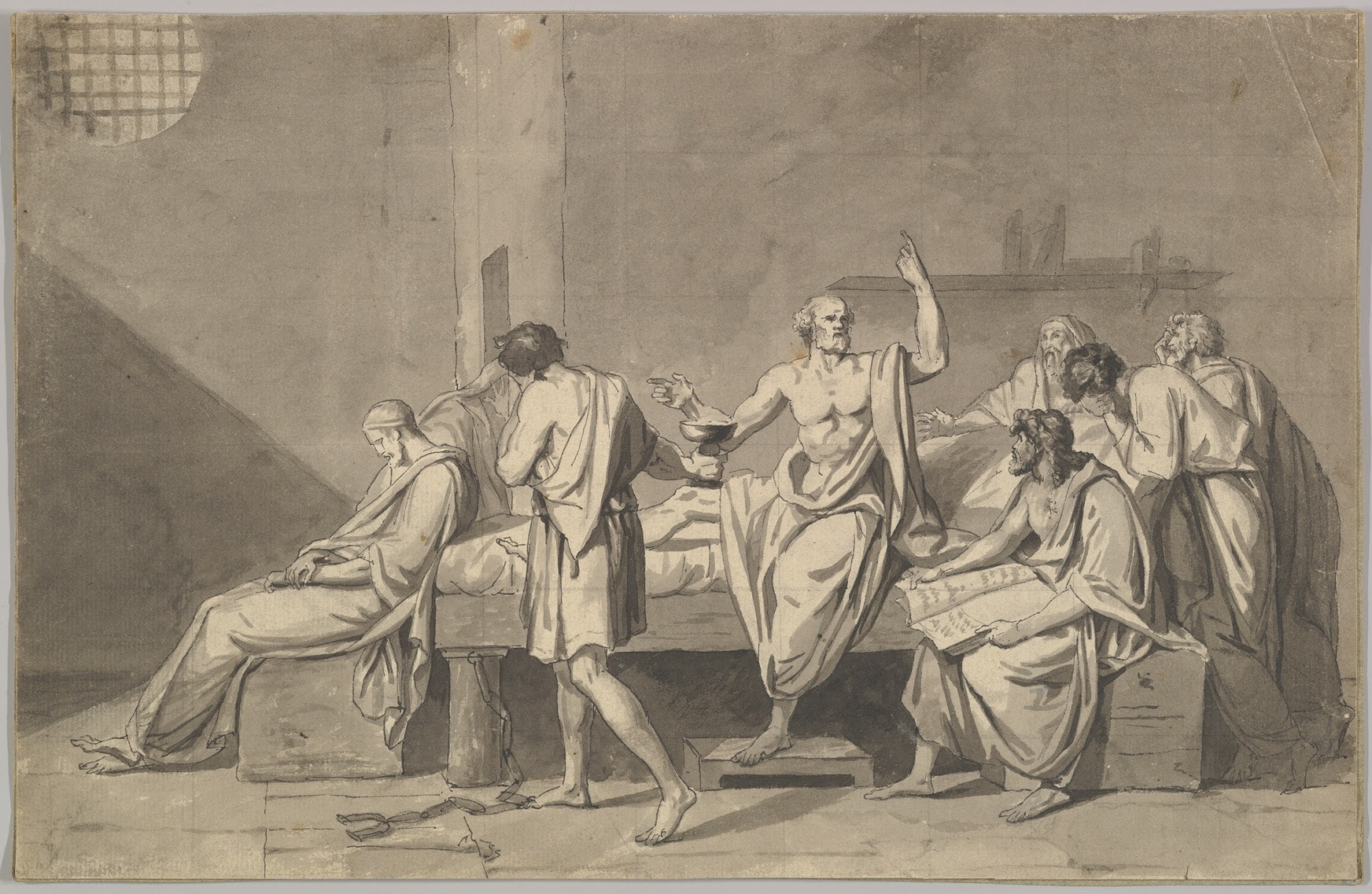Plants and the chemicals they make. The basics.
Dear Reader,
This is the introduction to my new book “Four degrees of Do It Yourself skin care”. I am assembling the chapters that will deal with botanical ingredients. I welcome suggestions on the ingredients you wish me to discuss in the book.
Hannah
We get attracted to plant extracts for many reasons. Besides advertising, there are cultural influences (what did your grandmother use when you were sick?), the attraction of the exotic (if it is Korean, it must be better), and even the common name of the plant (dragon’s blood, anybody?).
As a scientist, I have to be more careful with how I choose plant extracts as an ingredient for our Skin Actives products. Yes, I look at plants that were used for centuries by different peoples. I read the publications that deal with the ethnological use of the plant extracts, but that is only the beginning. Maybe the ancient people who used plant X used it because there was nothing else around. Are there any modern reports of benefits? How good are those papers? The scientific literature is full of rubbish and you need to look at the Materials and Methods section before you look at anything else (some people take the title of a paper as evidence!). Then, if any benefits can be attributed to the extracts, the next step is to find out the chemical composition of the beneficial extract and which are the components that are responsible for that benefit. The last step, and one that is always in progress, is to explore the mechanism of action of the component. How does the chemical interact with our body in order to provide the benefit?
I love it when the mechanism of action is elucidated, even if only partially. Then, the beauty of science is there in all its glory, like with apocynin. This does not mean that we know “the truth”. Science is about checking and rechecking.
Always remember the following:
1) no plant has magical properties. If a plant extract has a particular benefit, it will be because of the chemicals it contains.
2) the plant does not contain those chemicals for your benefit, the biochemical pathways that make them evolved because they were advantageous for the plant at one time or another.
3) the growth conditions will affect the composition of the extract, like whether the plant was exposed to a particular fungus. Next time, next extract, the result may be different.
4) And most important of all: not because the chemicals are natural they will be good for you. If you have a tendency to allergies, remember that your body may develop an allergy to that particular extract.
5) Many plant extracts will be advertised by quacks as “cancer cures”. This may be true, maybe these extracts kill cancer cells. But usually, this is because the chemicals in it will kill all human cells. I would strongly suggest that you don’t drink an extract of Conium maculatum (the plant that poisoned Socrates), to kill a tumor, because it will also kill the bearer of the tumor, i.e. you.
Caveat emptor. And “don’t take anybody’s word for it”.

Figure. The Death of Socrates. The Metropolitan Museum of Art. Jacques Louis David, ca. 1786.
